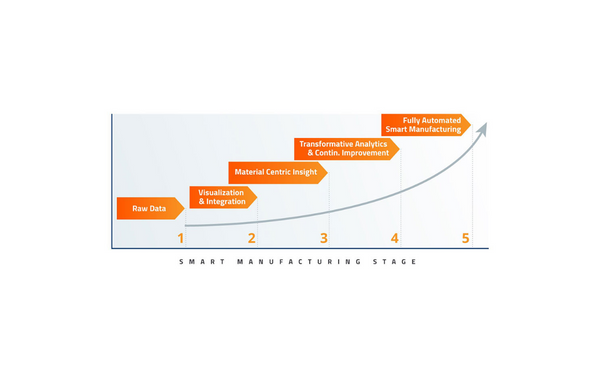Lately, the issue in the supply chain has received considerable media attention. Reasons for this are not hard to fathom. Numerous sectors and the whole economy have been severely impacted by the crisis. It has caused prices to rise, jobs to be lost, productivity to fall, and shelves to be bare.
But there’s light at the end of the tunnel, and it comes in the shape of AI (AI). The supply chain is benefiting from technological advancements in a variety of ways, including better inventory management, more efficient storage and warehousing procedures, and the automation of key tasks. Logistics are becoming more important as time goes on, and supply chain AI has the potential to make a huge difference if implemented correctly.
Companies who included AI in their supply chain management early on experienced a 15% reduction in logistical costs, a 35% rise in inventory levels, and a 65% improvement in service levels. In the event of a supply disruption, this degree of automation and efficiency might be the difference between survival and failure for a company.
Inventory management optimization
Effective inventory management requires a combination of scientific method and creative problem solving. Decision-makers must keep vigilant watch on current stock levels while also looking forward to anticipated demands. Managers need extensive familiarity with market tendencies and consumer habits to hit the inventory planning sweet spot, which guarantees adequate quantities of items and resources while avoiding surpluses and waste.
This is a difficult procedure that may have far-reaching effects on the supply chain since well-managed stocks eliminate the need for hurried deliveries or unnecessary trips.
The effectiveness of AI becomes clear in this context. Technologies powered by AI can monitor stock levels in real time at stores and factories, and place orders for replenishment before they become dangerously low.
Significantly more data that is timely, relevant, and abundant will be available to decision-makers thanks to the machine learning (ML) capabilities of AI technology, which will allow for better inventory planning. This comprises very effective means of collecting information on market tendencies, consumer habits, and similar indicators in order to forecast both immediate and future supply requirements.
Facilitating shipping, storage, and warehousing
The need to guarantee not only the prompt delivery of materials but also the pristine quality of goods in route presents a substantial challenge to the supply chain.
Carrying delicate items across an ocean or across the globe is a herculean task. However, sensors powered by AI can keep tabs on each cargo and its contents during the whole shipping process, minimising the likelihood of misplaced or misdirected packages.
However, this is merely the beginning, since AI sensors are capable of far more than simply pinpointing a position. At addition, they may provide precise, all-encompassing, and pertinent information on the conditions in all points of the supply chain, including storage facilities, transportation vehicles, and warehouses.
This is a crucial asset for lowering cold chain transportation and storage risks. If the refrigeration systems in a cargo container or warehouse fail, the materials stored inside might spoil or become useless if they need a specified temperature or humidity level to be safe for use.
Sensors powered by AI may notify relevant parties whenever environmental conditions approach dangerous thresholds, giving them time to take preventative measures before stock is lost. Having this capacity helps improve supply chain transparency and visibility, which in turn increases confidence among stakeholders.
Through the use of automation, procedures may be
The ability to automate operations grows steadily thanks to ML, which allows AI to “learn” from its past experiences. Workflows not only become more precise and trustworthy than the final result of human effort, but they also become less reliant on human labour.
There will always be hiccups due to human fallibility. We all need rest now and then. Mistakes are made by them. They are hampered in both mind and body. Conversely, AI never gets tired.
Incorrect programming is usually the sole cause of its errors. Over time, its ‘intelligence’ improves at an exponential rate. This implies that the supply chain may be automated to a larger extent and with higher precision and productivity than is possible with even the most trained people if AI technologies are used.
Furthermore, as the COVID-19 pandemic has shown us, human vulnerabilities may endanger not just the well-being of individuals but the whole integrity of the supply chain. Global economic chaos, the destruction of once-thriving companies, and the loss of jobs for millions of people were all the result of widespread and protracted lockdowns.
If another pandemic or global catastrophe were to arise, using AI to automate the supply chain would ensure that work could continue to flow, companies could remain open, and goods could be produced and consumed. If done well, managers and workers will never again have to decide between their health and their ability to earn a living.

Subtly charming pop culture geek. Amateur analyst. Freelance tv buff. Coffee lover
